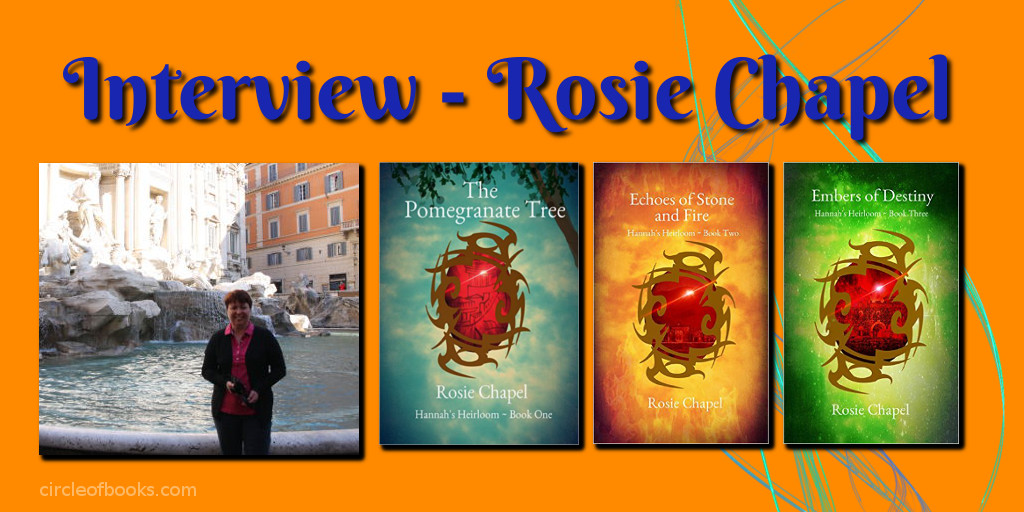Interview – Rosie Chapel
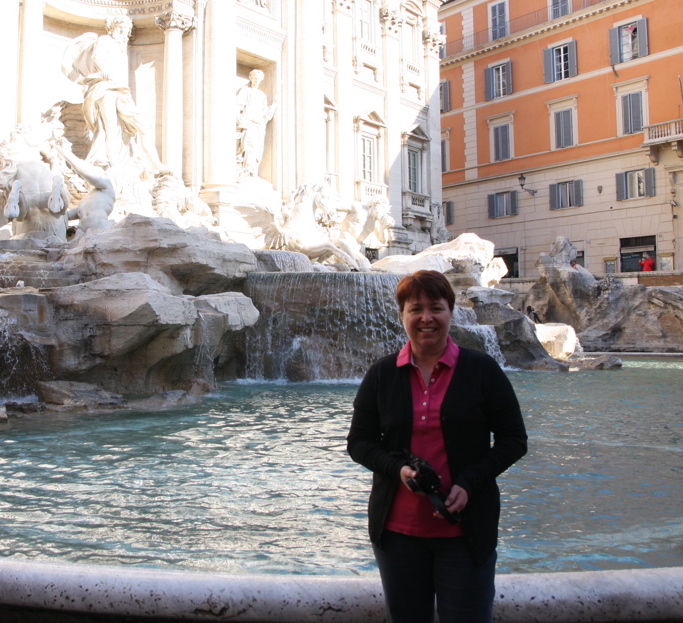 |
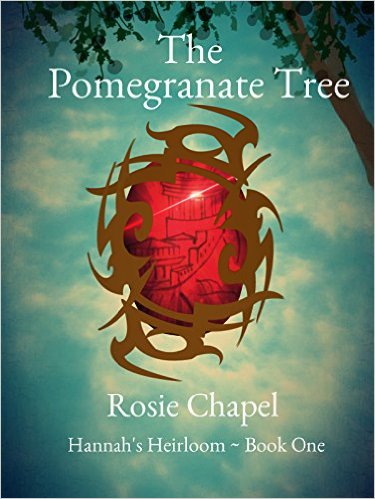 |
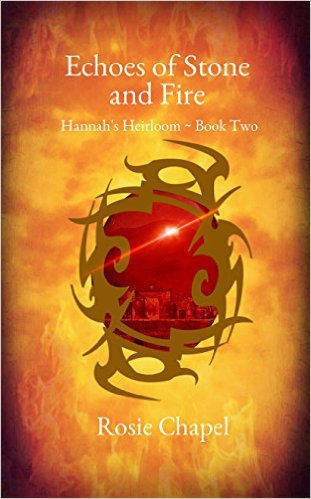 |
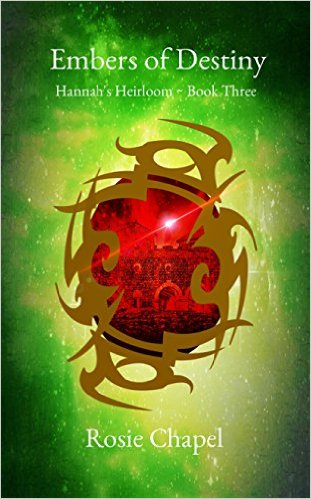 |
– When did you start writing novels, what moved you to start writing?
I started writing a little over a year ago. I have always been an avid reader and when I was (much) younger, I dreamed of being an author and did start a couple of things, but they never came to fruition. Life intervened, and I almost forgot about it. Then recently, after completing a degree in ancient history, my husband suggested I might like to have another go and turn my passion for all things Ancient Rome into a novel. I wasn’t sure I was capable of writing a whole book and it took quite some time to come up with what I hoped would be an interesting story line, but suddenly there I was hammering away at the keyboard, completely absorbed by the joy that is writing.
– In what genres do you write? Do you plan writing in other genres?
My preferred genre is historical fiction – with a little romance – and I feel most comfortable writing about the ancient world. I am, however, playing with the idea of writing a series of mysteries – which will likely include the odd murder – also set in antiquity, but we’ll have to wait and see how that goes. Currently, I’m writing a prequel to the Hannah’s Heirloom Sequence and also trying my hand at a Regency Romance.
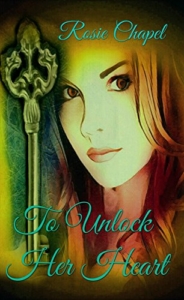 – Tell us about your novels. Why should everyone buy them?
– Tell us about your novels. Why should everyone buy them?
My novels blend ancient history and the modern world, archaeological investigations and time travel (although not time travel in the ’traditional’ sense) and involve two couples – one living in the ancient world during the first century AD, the other in the modern period sometime after the year 2000. The tale begins on Masada, where my modern heroine – Hannah – is trying to trace the origins of an ancient clasp that has been passed down through her family for hundreds of years. Through a series of visions, or dreams, her life becomes entwined with another’s, a healer who was living on Masada after the rebel ambush in AD66, nearly two centuries previously. As the tale unfolds, it is clear that Hannah’s knowledge of the devastation that will be inflicted on this outpost might be all that stands between her and certain death. This same thread links all the books as my characters’ lives take them from Masada to Pompeii and finally to Roman Britain, dealing with rebels, avenging armies, riotous mobs, gladiatorial combat, Ancient Britons and disgruntled soldiers along the way.
People should buy them because I believe they’re a great read (she says modestly!).
– What is your all time favourite historical fiction novel? What makes it special?
Oh goodness me, that is a hard one, I have many favourites. I think probably my all time favourite would have to be ‘Outlander’ by Diana Gabaldon. It is the first book in a sweeping saga with Claire, the heroine, physically travelling through time from a post WW2 Scotland to Scotland in 1743. What makes it special for me is how beautifully the author brings her books to life, her attention to detail and compelling characters enthral the reader. When I read her words, I am part of the story, all my senses are tantalised by her descriptions and I lose myself in the world she has created. For me this is the mark of an outstanding book, the fact that is is also historical fiction is simply icing on the cake!
– Tell us a bit about your writing process.
I write in Scrivener, a platform that is great for people writing long texts, such as poetry, plays and of course, novels and the finished work can be exported into other formats. There are sub-sections within whichever style you chose were you can collate all your research, somewhere to keep account of your characters and their backgrounds, the plot line and any other material you think pertinent. For me it means that I can add things like the history of Masada, healing in the ancient world, archaeological discoveries, gladiators, volcanic eruptions and so on and have it all in one place, rather than piles of papers or several notebooks floating around my study. Once I have an idea for a story, I play about with it for a while, making sure there is enough to base a whole novel around. Then I find out everything I can about that particular subject, whether that be through ancient texts, books, websites, documentaries, journal articles and so on. I find that I can become engrossed by the research side of things and one thread of investigation often shoots off in at a tangent, which might prove useful for the book I’m currently writing, or if not, I simply add it into my research – who knows when I might need it! That’s another thing that’s so great about Scrivener, anything you add in is retained, in that one format and it backs itself up regularly! After I’ve laid out a loose plot line, I just start to write and see where the story takes me.
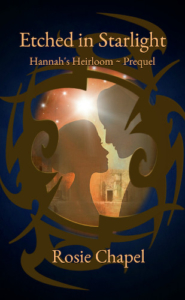 – What author would you love to have dinner with?
– What author would you love to have dinner with?
J R R Tolkien
– Tell us about your hobbies and passions other than writing.
I enjoy photography and around Perth the scenery begs to be photographed. I’m an avid reader, usually with two or three novels on the go at any one time. Spending time with my husband (I know very corny) and we are a ‘furkids’ family – no children just pets – so getting out for long walks with our dog is great fun. I love to travel and have been lucky enough to visit many incredible places in the world, with a preference for ancient ruins over beaches and I hope that will continue.
– We have many followers who would like to start writing a book or are already writing their first novel, any advice for these brave people?
Just do it, give it a go! Surely it is better to find out whether it’s really what you want to do, than assume you are not capable and then spend the rest of your life wondering whether you could have been the next JK Rowling. So what if nothing comes of it, at least you’ve tried. I didn’t think I had it in me, yet I have managed to write three novels with a fourth in the pipeline. Keep a notebook with you, jot down any ideas that come to mind, even if they seem ridiculous, you never know when something might start to percolate into a scenario that can blossom into a novel. Don’t however, go into it expecting a lucrative publishing deal, which magically spawns a tv series or a movie, for this rarely happens. Only do it if you love it, I mean really love it. Sometimes it can be a hard slog, it is your passion for the written word which keeps you going when you’re struggling with writer’s block or when a scenario simply refuses to be pinned down, if your heart isn’t in it, this is where you will stumble. Get onto twitter and start following authors, read their blogs, ask them questions. Before you publish anything get a family member or a friend to read your work for these are the people who won’t spare your feelings and will give you an honest review. On the positive side, in this modern world of indie authors and self-publishing, you can get your book out into the world with very little effort. The feeling you get when you see your work available for sale is indescribable, it never gets old and worth all the sleepless nights, long hours of editing and worrying about whether your story is good enough.
– How often do you write, daily, every other day or?
I usually write every day. Sometimes, owing to other commitments, this isn’t possible, but if I can’t get to my writing, even if it’s just a few minutes, I feel cheated. I try to write within what would be considered normal working hours, say 9 to 5, but if I’m on a roll, I just keep going until I’ve got everything down, which often means I’m writing at very peculiar times. Conversely, sometimes I struggle to focus and I’ve realised that it’s better to step away and give myself a breather than keep going and find I have to re-write a great chunk of work.
– Do you keep a notebook with ideas for your novels? If so do you carry the notebook with you so you won’t forget any ideas?
Yes, I have several floating about. Funnily enough the other day I was flicking through one of my notebooks to check something and was surprised to see that I’d filled it. I hadn’t realised how much I’d jotted down. I also find that if I happen to have forgotten my notebook the notepad app on my phone comes in very handy!
– Being an Historical Fiction author, it must be very important to do a good deal of research. How important is it in this genre to have your facts right and are there any instances when you bend history to fit your story?
For me, the most important part of writing historical fiction is the research, it was the reason I decided to write in this genre in the first place. It was more preferable to write a novel than a thesis for a Masters or a PhD (no referencing required!). I spend a lot of time researching the background for my stories, in fact some days I don’t write at all, just hours of reading and making notes and I enjoy this as much as actually writing the books. I aim to be as historically accurate as possible and fortuitously for much of what I’m writing about, we either have plenty of evidence – allowing me to anchor my story, or none at all – giving me, within reason, carte blanche. As far as I am aware, I have never bent history to fit my story, more I will change my story to fit the history.
– What are you reading at the moment?
Neil Oliver’s ‘Master of Shadows’
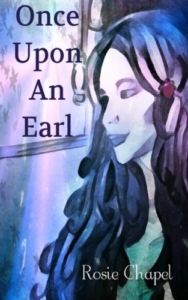 – How is it to be an author in Australia? Do you have a good support from the local public?
– How is it to be an author in Australia? Do you have a good support from the local public?
Unfortunately most people in Australia have never heard of me. As a self-published author getting the word out about my books is very hard. I find self-promotion very uncomfortable and while I accept that this is the only way I can get my name out there, I struggle with it. I am on twitter, have a website and a Facebook page and try to spread the word through those platforms as well as through word of mouth. My friends, both in Australia and overseas, as well as the odd group I am involved with, have been incredibly supportive and for this I am truly grateful. This is why sites such as Circle of Books are so fantastic, offering another way to promote the works of new authors to a broader public, most of whom I would have no other way of reaching.
– Certainly you have had some interesting episodes as an author, fans related or others, share one of them with us.
It would be lovely to think that as an author I would have plenty of anecdotes that I could share with you, but I haven’t any yet – may be this will come in time – one can only hope! I suppose one interesting thing has been people’s reactions when they find out I’m a writer. Initially, I was very wary of letting anyone know that I had written a book, you know in case they all thought it was rubbish – which is why I chose to publish under a pseudonym. Eventually however, in order to get the word out, I had to tell a few people and, one they got over their surprise, I was amazed at how pleased they were for me – and how supportive they have been throughout my journey. Sorry that probably isn’t really what you’re looking for, but it’s the best I can come up with. Maybe come back to me if I ever become famous!
– A final message for our circleofbooks.com readers.
Support new authors, try their books, most are available in some kind of e-book format. If you enjoy them write a review. Reviews are like the food of the Gods for us indie authors, it is the only way our books stand a chance of being promoted by companies like Amazon. We don’t need chapter and verse, just a couple of lines can make all the difference. I would also like to thank Circle of Books for giving me this opportunity to talk a little about my novels. Reading is such a freeing past time, it opens up the mind and if my books do nothing more than inspire those who read them to look beyond the story into worlds long past, then I have done my job.
Cheers and happy reading
Rosie Chapel
Thank you so much Rosie, we know how precious your time is.
We wish you much success.
Visit the author’s page here on circleofbooks.com
